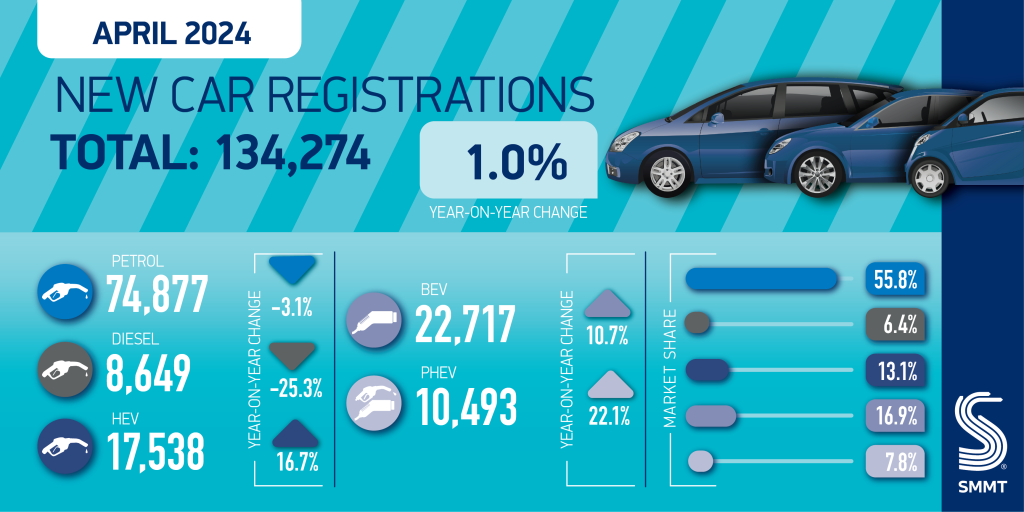All owners of the Apple iPhone are
keen to rave about its shiny, seductive qualities; you can download
thousands of ‘apps’, which allow you to do anything from read the
complete works of Shakespeare to track the number of calories you
eat per day.
And now it allows you to take out
payday loans, too, thanks to an app from new lender Wonga.com. By
simply sliding bars on the screen, users can apply for loans of up
to £1,000, repayable in anything from one to 31 days.
Of course, the loans’ APR – at
around 2,700 percent – are eye-catchingly large; but with the
relatively small sums on offer, and the short repayment schedules,
this is a figure which has been taken out of context, Wonga’s
founders insist. For a loan of £100 for 31 days, they say, a
customer will end up paying £31.
It’s a sign of the times: Where one
company ventures, others will follow, and the notion of getting
customers to download – voluntarily – an app which allows them to
borrow money and is at their side at all times is a powerfully
compelling one.
In the US, Mercedes-Benz Financial
has released an app which is free to its 450,000 customers,
allowing them to view account details and make payments direct from
their phone. It will develop a similar app for BlackBerry users in
due course.
With the popularity of mobile
technology exploding on both sides of the Atlantic, it will be
interesting to see if – or when – a UK motor financier follows
Mercedes-Benz Financial US’s lead.
How well do you really know your competitors?
Access the most comprehensive Company Profiles on the market, powered by GlobalData. Save hours of research. Gain competitive edge.

Thank you!
Your download email will arrive shortly
Not ready to buy yet? Download a free sample
We are confident about the unique quality of our Company Profiles. However, we want you to make the most beneficial decision for your business, so we offer a free sample that you can download by submitting the below form
By GlobalDataLooking further ahead, Leasedrive
Velo’s whitepaper, A Vision of Fleet Management in 2015, predicts
that in five years’ time, CO2 emissions will be the number-one
priority when discussing company cars in the boardroom.
Other predictions focus on the need
for flexibility on the part of fleet providers, in order to adapt
to customers’ changing requirements.
A great example of the flexibility
of UK fleet leasing companies is the rise of salary sacrifice, the
subject of our cover story for this month (see pages 14-16). As
client needs become more complex, lessors have reacted by offering
a customisable range of funding products, which can be delivered in
an integrated and seamless way by a sophisticated provider.
But what do clients want, and what
do they really need? This is the question posed by Professor Peter
Cooke (see pages 18-19), who says that leasing companies should ask
themselves this question, and work with their clients to find an
answer – which might involve moving out of long-established comfort
zones.

Another sign of futuristic thinking
comes from Peugeot, which will introduce its ‘Mu’ top-up card this
year. As the original equipment manufacturer says, “[the Mu card]
allows everyone, whether they already own a vehicle or not and
whether they are a Peugeot customer or not, to access a range of
mobility services via a pre-paid ‘top-up card’ which can be topped
up via an internet site.”
As has been noted within the pages
of Motor Finance in the past, the potential to move from
‘fleet/motor finance company’ to ‘business/personal mobility
provider’ could well unlock whole new horizons to those companies
nimble and forward-thinking enough to take the plunge; but a
wholesale evaluation and examination of the role of the finance
company is needed first.
Still, the move by Peugeot shows
that the concept may be closer than we think.
Finally, I must confess to being a
little obsessed on a personal level with nice, round numbers. As
such, the Society of Motor Manufacturers and Traders’ announcement
that 1,994,999 new cars were registered in 2009 annoys me.
Could one customer, somewhere in the
UK, not have registered just one more car, to make the far more
satisfying figure of 1,995,000?
Jo Tacon






